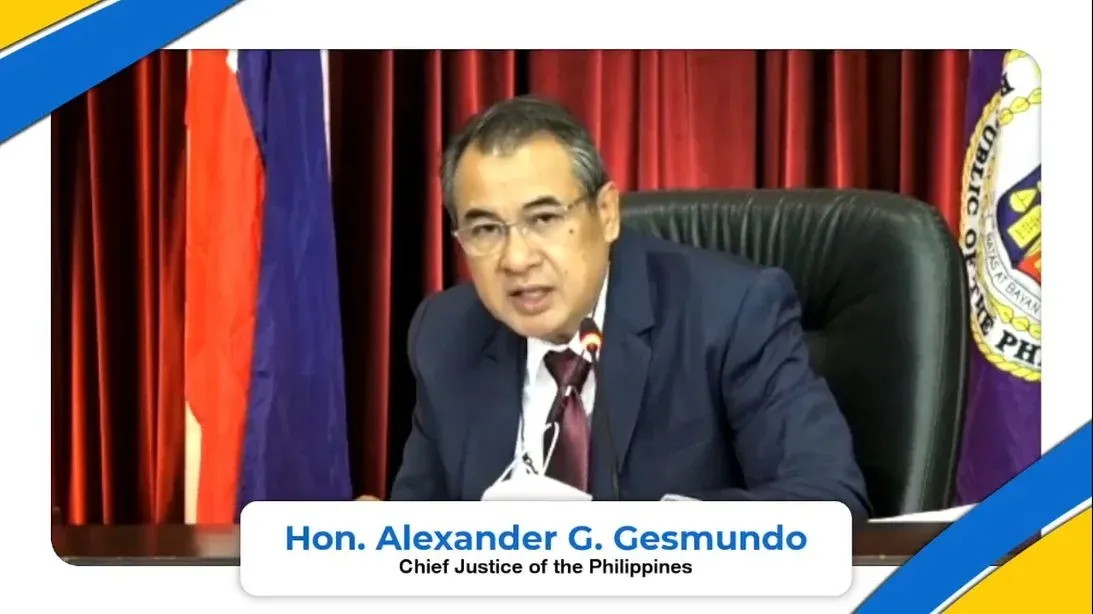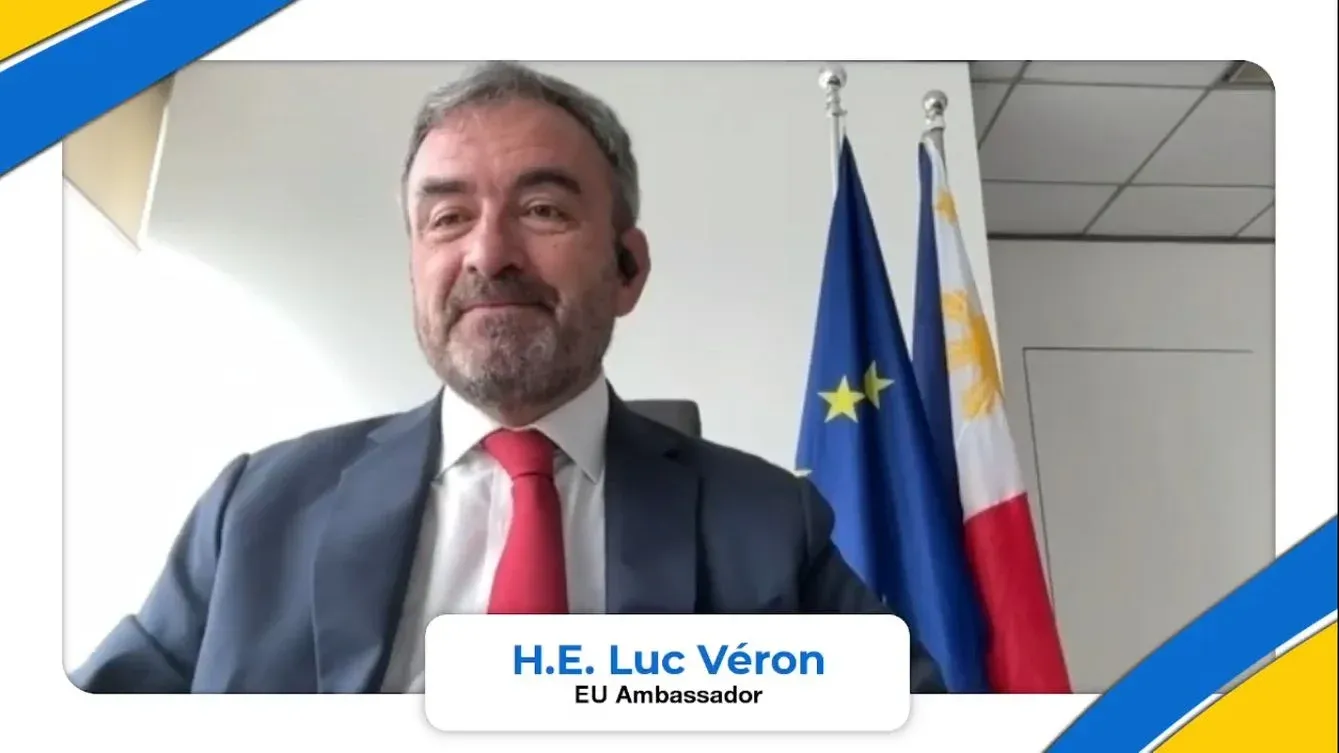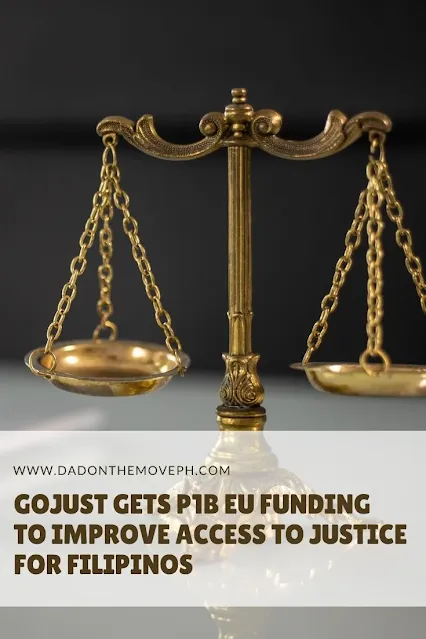The second phase of the Justice Sector Reform Programme: Governance in
Justice (GOJUST), an important project of the European Union (EU) and the
Philippine Government, was recently set in motion. For many of us who are
not yet familiar with it, GOJUST is a program that aims to
improve access to justice for Filipinos, especially those who are
marginalized. This is definitely positive news that is worth sharing.
GOJUST Gets Fresh P1B EU Funding To Improve Access To Justice For Filipinos
Fresh funding for GOJUST
Coinciding with the launch of the second phase of GOJUST was the turnover of
fresh funds from EU amounting to P1.1 Billion (Euro 19 million). The money
will be used to support the current programs of the Philippine Supreme Court,
the Department of Justice, and the Department of the Interior and Local
Government.
The said projects are all directed to improving access to justice for all
Filipinos and strengthening the Commission on Human Rights thus, contributing
to inclusive and sustainable socio-economic development.
Further strengthening the partnership with EU
The launch of GOJUST happened last November 25, 2021, with a keynote address
by the Chief Justice of the Philippines, Alexander G. Gesmundo.
There were also messages from the Secretary of the Department of Justice,
Menardo I. Guevarra, Secretary of the Department of the Interior and Local
Government, Eduardo M. Año, and EU Ambassador Luc Véron.
“The European Union has been a committed partner to the Philippine’s Justice
Sector reform since 2006. Our engagement stems from the importance we attach
to democracy, human rights and the rule of law. Also, by working with the
Philippines on improving access to justice, in particular for vulnerable
communities, we can improve access to all other civil, political, economic and
social rights.”
“We are honored to accompany the justice sector reform efforts with GOJUST II,
which has been developed in close partnership with the Supreme Court, the
Department of Justice, and the Department of Interior and Local Government,
and will be our largest investment in this area to date,” said EU Ambassador
Luc Véron.
"It will be a partnership that once more will deliver dividends where it
counts most – in making justice, human rights, and the rule of law not only
well-entrenched and enduring institutions in Philippine society but also a
felt reality in the everyday life of every Filipino," said Secretary of the
Department of Justice, Menardo I. Guevarra.
“Composed of the DOJ, the DILG, and the Supreme Court, the JSCC is both a
venue and a mechanism for communication, principled cooperation, and studied
coordination without sacrificing institutional independence. Through the JSCC,
the coordinated approach to delivering justice is the chosen platform to
achieve real-time satisfaction of justice needs," said Chief Justice of the
Philippines, Alexander G. Gesmundo.
“We at the Department of the Interior and Local Government are honored and
grateful to work again with the distinguished vanguards of justice in pursuing
wider paths of improving access to justice for all Filipinos,” said DILG
Secretary Eduardo M. Año.
“The launching of the Justice Sector Reform Programme: Governance in Justice
II or GOJUST II presents us all a greater opportunity not only to come up with
reforms and timely initiatives in the delivery of justice but also to expand
the reach and fortify the foundations of what we have started to work on in
the past four and a half years,” he added.
Justice at the grassroots level
The DILG recognizes that many issues that involve justice and justice delivery
begin in local communities.
As such, Secretary Año vowed that the DILG and its attached agencies will work closely with the justice sector and other stakeholders to bring about much-needed reforms to give rise to a fairer, more effective, efficient, and accountable justice, especially at the local and grassroots levels.
“While we recognize that our work may not completely reform the justice system
overnight, it will certainly lock in some basic principles and lay concrete
steps that we firmly believe are going to make a fairer and more just society
over the long term,” the Secretary said.
How GOJUST supports local justice delivery
GOJUST will support the development of more responsive and accountable justice
services in the Philippines.
It will contribute to reducing case backlogs with the automation of courts and
prosecution offices among other innovations; support the coordination of
justice sector agencies at the national and local level (Justice Zones); and
foster the use of research in the design and management of the justice sector
policies.
To improve access to justice – with a focus on those most vulnerable,
including women, LGBTI, persons with disabilities, indigenous peoples, and
other excluded groups – the program includes a grant mechanism.
Funds will be awarded to civil society organizations and law schools with the
best initiatives on rights awareness, paralegal training, policy advocacy and
direct legal services, and the strengthening of the Barangay Justice System
and informal justice providers.
In line with the findings of the Gender and Social Inclusion Assessment
(GESI), this new phase of GOJUST will support justice sector agencies in
addressing gender inequalities in access to justice. For example, the program
will contribute to combating violence against women and girls by increasing
the barangays’ capacity to issue protection orders as mandated by the law.
The first phase of GOJUST ran from 2016 to 2020.
Epilogue
GOJUST is implemented through technical assistance by the British Council and
logistical and grant management support from the United Nations Office for
Project Services (UNOPS).
The support for the Commission on Human Rights under GOJUST is implemented by
the Spanish Agency for International Development Cooperation (AECID).
PIN THIS POST
Tags:
lifestyle







One of the real life important matters especially when it comes to Justice.
GOJUST GETS FRESH P1B EU FUNDING TO IMPROVE ACCESS TO JUSTICE FOR FILIPINOs is very helpful for the right and true justice.
This is so nice and talagang worth to read dahil very informative thanks for sharing po 🥰